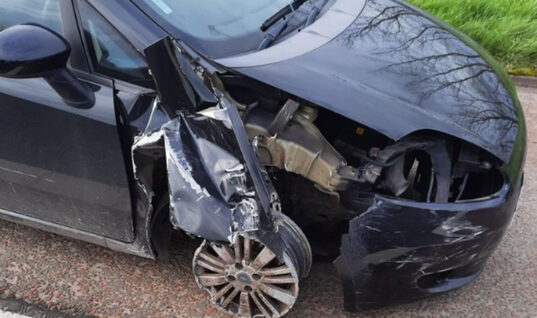The government has confirmed its ambition to see at least half of new cars to be ultra low emission by 2030 as part of plans to make the UK the best place in the world to build and own an electric vehicle.
The proposals are outlined in the Road to Zero Strategy, which sets out plans to enable a massive expansion of green infrastructure across the country, reduce emissions from the vehicles already on the UK’s roads, and drive the uptake of zero emission cars, vans and trucks.
The UK will end the sale of new conventional petrol and diesel cars and vans by 2040.
The Road to Zero Strategy will build on this commitment and outlines how government will work with industry to support achieving this.
The government will work alongside industry, businesses, academia, consumer groups, devolved administrations, environmental groups, local government and international partners to enable the deployment of one of the best electric vehicle infrastructure networks in the world and prepare for a greener future for the UK’s roads.
Chris Grayling, Secretary of State for Transport, said: “The coming decades are going to be transformative for our motor industry, our national infrastructure and the way we travel.
“We expect to see more change in the transport sector over the next ten years than we have in the previous century.
“We are expecting our economy and society to experience profound change, which is why we have marked the Future of mobility as one of the 4 grand challenges as part of our modern Industrial Strategy.
“The Road to Zero Strategy sets out a clear path for Britain to be a world leader in the zero emission revolution – ensuring that the UK has cleaner air, a better environment and a stronger economy.”
The government‘s mission, as part of the modern Industrial Strategy, is to put the UK at the forefront of an industry that is estimated to be worth up to £7.6 trillion per year by 2050.
The Road to Zero Strategy is technology neutral and does not speculate on which technologies might help to deliver the government’s 2040 mission.
The government has no plan to ban any particular technology – like hybrids – as part of this strategy.
The government has already committed to investing £1.5 billion in ultra low emission vehicles by 2020 and the Road to Zero Strategy outlines a number of ambitious measures including an expansion the UK’s chargepoint network.
A £400 million Charging Infrastructure Investment Fund is aimed to help accelerate the roll-out of charging infrastructure by providing funding to new and existing companies that produce and install charge points.
The request for proposal to appoint a fund manager will be launched in the summer creating a new £40 million programme to develop and trial innovative, low cost wireless and on-street charging technology providing up to £500 for electric vehicle owners to put in a charge point in their home through the Electric Vehicle Homecharge Scheme.
The government expects the transition to be led by industry and consumers and a review of the uptake of ultra low emission vehicles will take place in 2025 to consider what interventions are required if not enough progress is being made.
There are already more than 150,000 ultra-low emission vehicles on British roads and the UK is already leading the way in research, engineering and design, a skilled and flexible labour force and a welcoming business environment.







